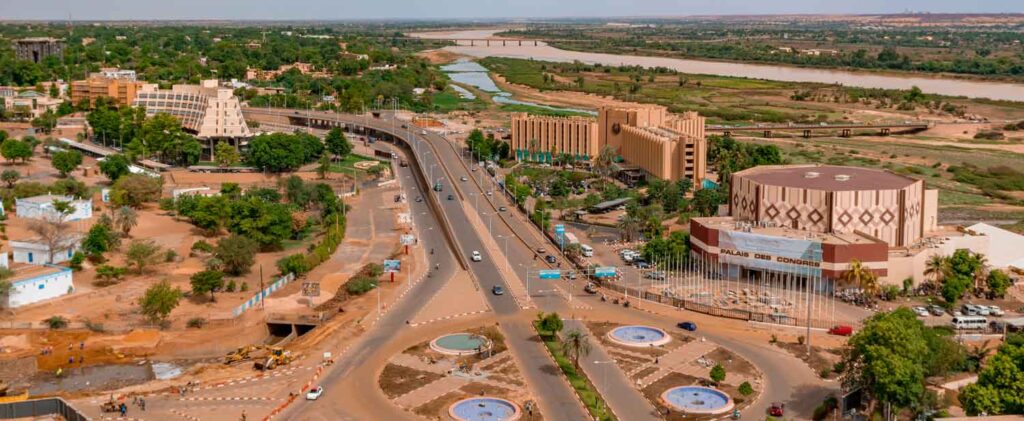
ASF opened an office in Niger in 2023 to launch a programme financed by the Belgian Development Cooperation. The aim of this programme is to defend the fundamental rights and collective and individual freedoms of the population and civil society.
In addition to Niamey, the country’s capital, work is carried out in the provinces of Tillabéry, Agadez and Tahoua.
As soon as activities began, a major political upheaval took the country and international stakeholders by surprise. On 27 July 2023, after years of growing political and social tensions, the country’s armed forces took control of the government, overthrew President Mohamed Bazoum and installed a military regime. As a result of this coup d’état, tensions ran high between Niger and the Community of West African States, as well as with France and the United States.
The people of Niger, particularly those living in rural areas, who are already facing major socio-economic challenges (Niger is ranked 189th on the Human Development Index in 2021), are the forgotten victims of the crisis and of national and international political discourse. Yet it is they who are the first victims of this crisis, as the political instability and international sanctions imposed on the country are seriously affecting their access to economic and social rights: imports into Niger have come to a sudden halt, particularly of essential goods, inflation has soared (from 50% to 200% on certain goods), access to electricity has been drastically limited, and access to administrative services restricted, etc.
In this context, ASF and its partners have re-evaluated the framework of their intervention.
This strategic review identified the following priorities:
- Examination of human rights violations in rural areas: Particular attention has been paid to assessing human rights violations, with a focus on people living in rural areas, especially women and children. The provision of robust and objective information will not only enable the establishment of a reference framework for access to justice, but will also highlight the urgent issues facing vulnerable populations as they seek to ensure that their rights are respected.
- Strengthening conflict prevention and resolution frameworks: In partnership with Alternative Espaces Citoyens and on the basis of field monitoring, ASF and its partner are strengthening conflict prevention and resolution frameworks in the provinces of Tillabéry, Agadez and Tahoua.
- Human Rights approach: Absent from the logic of governance in recent years, often misunderstood by political players and even civil society, and today weakened by the surge in misinformation, human rights must form the basis of social and political action. The activities of ASF and its partners aim to reaffirm their importance through awareness-raising initiatives, meetings within civil society and through the National Human Rights Forum, which will be held for the first time in 2024, at the initiative of Alternative Espaces Citoyens.
- Access to justice and respect for rights in detention: In collaboration with the association Prisonniers Sans Frontières, ASF contributes to the respect of human rights in detention and promotes access to justice for prisoners awaiting trial: reinforcement of prison visits, advocacy for the respect of prisoners’ rights, training of prison staff and civil society in procedural guarantees and national and international detention law.



